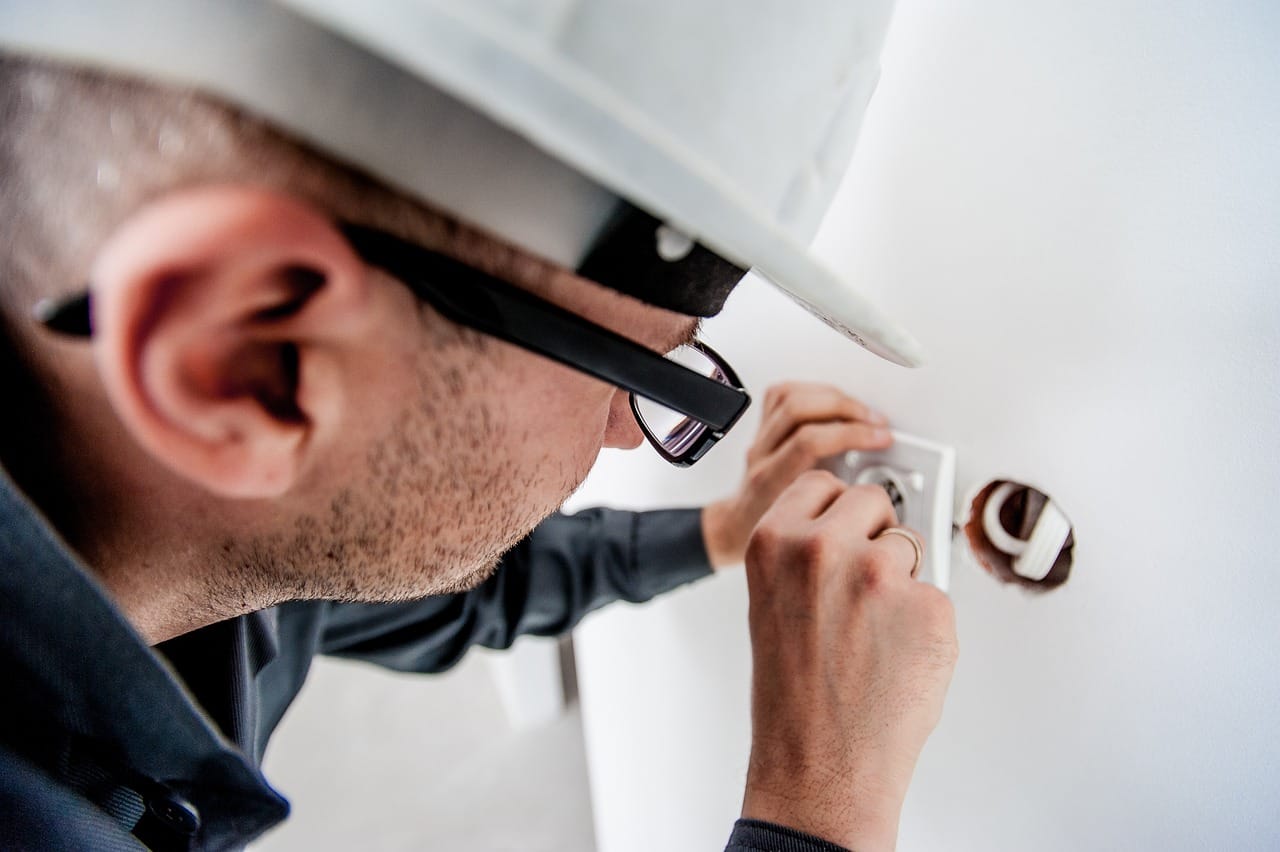UK Construction & Electrocution remains a pressing concern despite advancements in safety protocols. The inherent nature of construction sites, coupled with the extensive use of electrical equipment and systems, creates a fertile ground for potential electrocution hazards. This comprehensive article delves into the multifaceted aspects of this critical issue, shedding light on the risks, preventive measures, and the legal implications associated with electrocution in the UK construction industry.
The Prevalence of Electrocution in UK Construction
Electrocution incidents, though not the most frequent, are among the most fatal accidents in the UK construction sector. According to the Health and Safety Executive (HSE), electrocution accounts for a significant portion of fatalities and serious injuries each year. The transient nature of construction sites, combined with the constant movement of heavy machinery and electrical equipment, significantly amplifies the risk of electrocution. The presence of overhead power lines, underground cables, and temporary electrical installations further exacerbates the potential for accidents.
Understanding the Causes of Electrocution
Electrocution in the construction industry stems from a confluence of factors. Contact with live electrical parts, faulty equipment, inadequate insulation, and improper grounding are among the leading causes. Additionally, human error, such as negligence, lack of training, and complacency, can also contribute to electrocution incidents. The fast-paced nature of construction projects often leads to shortcuts and compromises on safety, further increasing the likelihood of accidents.
The Impact of Electrocution on Workers and Employers
The repercussions of electrocution incidents are far-reaching and devastating. For workers, the consequences can range from severe burns and permanent disability to, in the worst cases, fatalities. The physical and emotional trauma inflicted on victims and their families is immeasurable. Employers also face significant consequences, including legal liabilities, financial losses, and reputational damage. Electrocution incidents can lead to project delays, increased insurance premiums, and a decline in employee morale.
Mitigating the Risks: Preventive Measures and Best Practices
Preventing electrocution in the construction industry necessitates a multi-pronged approach encompassing a range of preventive measures and best practices. Implementing robust safety protocols, conducting thorough risk assessments, and providing comprehensive training to workers are essential steps. Regular inspections and maintenance of electrical equipment, proper grounding, and the use of protective devices, such as residual current devices (RCDs), can also significantly reduce the risk of electrocution. Creating a safety-conscious culture where workers are empowered to report hazards and prioritise safety over productivity is also crucial.
The Legal Framework: Regulations and Liabilities
The UK has a stringent legal framework governing health and safety in the construction industry. The Health and Safety at Work etc. Act 1974, along with a plethora of regulations and guidelines, sets out the duties and responsibilities of employers and employees in ensuring a safe working environment. Electrocution incidents can lead to legal action against employers who fail to comply with these regulations. Victims of electrocution may be entitled to compensation for their injuries and losses.
Technological Advancements: The Role of Innovation
Technological advancements are playing an increasingly important role in enhancing safety in the construction industry. The advent of smart tools, wearable devices, and real-time monitoring systems is revolutionising the way safety is managed on construction sites. These innovations enable proactive hazard identification, early intervention, and improved communication, thereby reducing the risk of electrocution and other accidents.
The Human Factor: Training and Awareness
While technology offers promising solutions, the human factor remains paramount in preventing electrocution. Providing comprehensive training to workers, raising awareness about electrical hazards, and fostering a safety-first culture are crucial steps in mitigating the risks. Empowering workers to identify and report potential hazards, and encouraging them to take ownership of their safety, can create a safer working environment for everyone.
Making a Work Accident Claim with National Claims
At National Claims, we understand the devastating impact a work-related injury can have on your life and well-being. If you or a loved one have suffered harm due to an accident at work, such as slips, trips, falls, faulty equipment, or exposure to hazardous substances, we’re here to help you seek the justice and compensation you deserve.
Free Consultation
We recognise that every work accident claim is unique, and we’re here to offer you a free, no-obligation consultation to discuss your specific circumstances. During this consultation, we’ll listen attentively to your experience, carefully assess the details of your workplace accident, and evaluate the potential strength of your claim. Our team will then connect you with a qualified solicitor from our panel who specialises in work accident claims, ensuring you receive the expert legal representation needed to pursue your case effectively.
*Customers pay up to 25% (incl. VAT) of the amount recovered towards solicitor costs and if you cancel outside your cooling off period, you may be charged a fee.
Contact us today to speak to one of our claims agents who will be able to help you get started on your claim.
Click below to see why we are one of the most trusted claims management companies in the UK.

We’re proud of our excellent customer reviews
We thrive on delivering exceptional service and ensuring our clients’ satisfaction. Don’t just take our word for it. Check out some of our independent reviews to see what our clients have to say.
Excellent

This firm is excellent, they sorted out my car pay out and injury claim very fast, they always communicate with you all the time.

My accident case was dealt with confidence and with great result of the outcome, especially James kept me informed all the time.

I was very impressed at the way my inquiry was treated. I was listened to attentively and everything I needed to know was explained to me.






